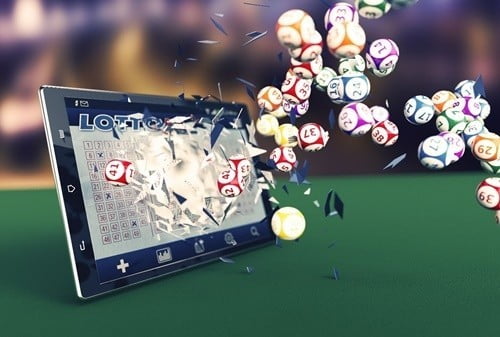
‘Two little ducks – 22’, ‘half a century – 50’ and ‘top of the shop – 90’ – bingo lingo has been around for years. The calls were originally created to keep the games exciting and to attract the attention of the players, getting them to interact with the bingo caller. However, with the rise of online bingo, where there is no one to physically call the numbers, is there any need for the bingo lingo? And with modern slang coming and going at such a fast rate, is it possible to even re-modernise all 90 of the calls and ensure they remain relevant?
The history of bingo calls
Traditional bingo calls originated in the mid-20th century, through derivations of cockney rhyming slang – but as bingo spread across the country, regional variations were thought up. Some of the calls are based on the shape of the numbers, while others may bear reference to popular culture; some refer to specific milestones and others are historical references. One thing is for certain though – they are catchy.
Those that prefer to play online may not be as familiar with the lingo as it’s simply not necessary and it’s almost a given that those born after a certain era won’t understand some of the calls that date back from the 1940s and ’50s.
For example, number 1 is known as Kelly’s Eye and there’s no real reasoning behind it. Some believe it’s simply military slang, while others believe it’s a reference to Ned Kelly, the famous Australian outlaw. Either way, in 2019 it makes no sense and needs to go. Similarly, the call for number 9 – ‘Doctor’s Orders’ – is certainly no longer relevant as it stems from World War II where a laxative pill was given out to soldiers. Finally, number 30 is another wartime reference and Dirty Gertie from Bizerte was a song the soldiers often sang during the war to boost morale. But who is Gertie and why is she relevant in the 21st century?
Bingo calls revamped
Bingo calls have been revamped on a number of occasions to bring new interest to the popular pastime. While the traditional bingo hall-goer would be familiar with the traditional calls, they are considered outdated and by keeping the calls relevant, it ensures bingo can be universally enjoyed by everyone – no matter what their age or gender.
The calls were first revamped in 2003 and ultimately have already become outdated. For example, number 71 was ‘Bang on the Drum’, before becoming ‘J Lo’s bum’ and ‘Dirty Gertie’ for 30 became ‘Ali G’. Popular culture is ever-changing so changing the calls to suit current actors and music artists was also going to be a difficult move.
The calls were more recently revamped – with examples including ‘Little Mix’ for number 6, rather than ‘Tom Mix’; ‘Tinder Date’ for number 8, instead of ‘Garden Gate’; and ‘Selfie Queen’ for 17, as opposed to ABBA’s ‘Dancing Queen’, which often got the audience on their feet having a sing and a dance.
Social Media & Gen Z slang
There’s no denying that Generation Z have taken over the internet, particularly social media with their slang – and it’s difficult to keep up. With that in mind, slang terms that have been used in bingo calls are going to be considered out-of-date or uncool with the Gen Z gang.
We’ve already thought up a few examples which would be relevant now – but in five or so years, who knows? ‘U K Hun?’ for number 1; ‘That’s Lit’ for number 6; ‘OTP’ (one true pair) for number 33; and ‘Insta Story’ for number 40.
But if we are constantly changing bingo calls to reflect society, where does it end and how do we not get so confused?
Conclusion
With a decline in people visiting bingo halls and a surge in those playing bingo online, bingo calls aren’t as necessary as they once were. While they still provide entertainment to those visiting brick-and-mortar halls, it’s so difficult for callers to keep up with popular culture and trends and there will surely come a time when such rhymes become obsolete.



